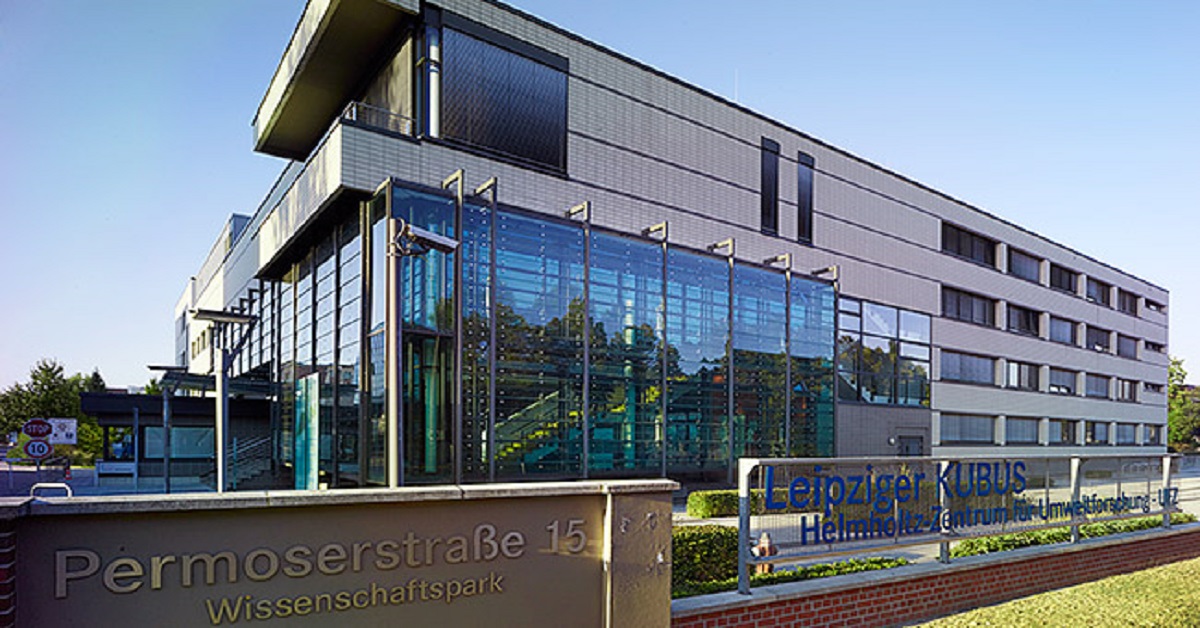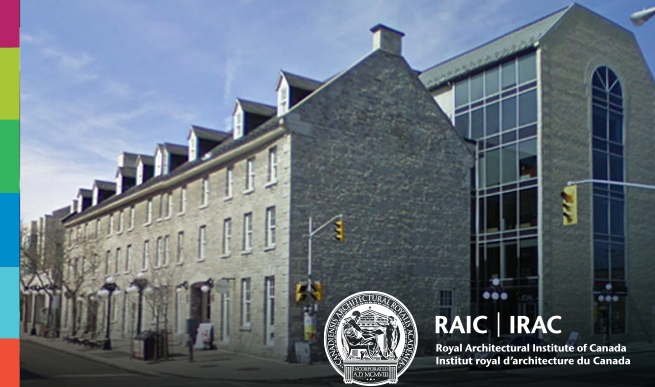
Helmholtz Centre for Environmental Research in Germany invites application for vacant PhD and Postdoctoral Positions, UFZ covers both basic research and applied research
Postdoc (f/m/x) to study release and degradation of chemicals from tires
Huge amounts of tire and road wear particles are generated by automotive traffic each day but little is known on how this environmental contamination degrades.
Research assistant (f/m/x) TERENO
Research Assistant (f/m/x) in CHS
To strengthen our team, we are looking for a dedicated person to work in the project “NaturaIncognita – PlanktAI” – using image-based cytometry to generate microscopic image data of phytoplankton organisms to establish a neural network for automated species recognition.
Position in Computational Ecology – Statistical modelling (f/m/x)
Position in Computational Ecology – Statistical modelling (m/f/d) offered by the Community Ecology Department, starting 1 January 2023, limited to 29 months.
Research Assistant “Scientific Data Annotation” (f/m/x)
The Department Community Ecology is looking for a HiWi to help annotate datasets.
In the UFZ research unit chemicals in the environment (TB CITE) scientists aim to promote the understanding of molecular responses to environmental impacts that affect environmental and human health
PhD Position in Microbial Ecology (f/m/x)
PhD Position in Microbial Ecology: “Spatial assembly in soil microbial communities across scales, land cover, and land use”
In the UFZ research unit chemicals in the environment (TB CITE) scientists aim to safeguard environmental and human health via understanding what happens to chemicals once they are released into the environment and how chemicals may elucidate adverse biological effects.
Writing a PhD-thesis within the project Harnessing the Innovation Potential of Direct Air Capture and Storage for Reaching CO2-Neutrality (DACStorE)
About QTOX
Chemical risk assessment typically involves extrapolation of effects observed in-vitro and in-vivo under laboratory conditions to predictions of effects at the ecosystem level. This is a very challenging task and current extrapolation models have limitations, notably due to a number of ecological processes that are disregarded by the models and the paucity of data for parameterisation and validation. QTOX will develop mechanistic knowledge and data-efficient modelling tools to bridge the gap between standard toxicity data (typically acute effects of single chemicals) and ecologically relevant endpoints arising from chronic, time variable exposures to chemical mixtures. The results will be achieved through an interdisciplinary and intersectoral research and training program in which 10 doctoral candidates will characterise the mechanistic processes describing the successive events from exposure to ecosystem-level effects and develop models for extrapolation of adverse effects across levels of biological organization under environmentally realistic conditions. Notably, the effects of chemical mixtures, dynamic exposure conditions, and their interaction with climate change scenarios will be characterised in a series of mesocosm experiments at three sites in central and southern Europe. The mesocosm work will serve as a uniting training element and a rich source of data for testing and validating the modelling framework. QTOX will produce an open access toolbox for quantitative extrapolations in ecotoxicology and a cohort of researchers equipped with the knowledge and skills necessary to implement and develop rigorous approaches for predicting adverse effects of chemicals.
The aim of this project is to develop and apply an effluent-based epidemiological approach based on the screening of substances resulting from exposure to indoor and non-indoor chemicals.
![Postdoctoral and Research Opportunities at McGill University [CA]](https://scholaridea.com/wp-content/uploads/2020/06/mcgill-university-30-may-2019-768x402.jpg)

